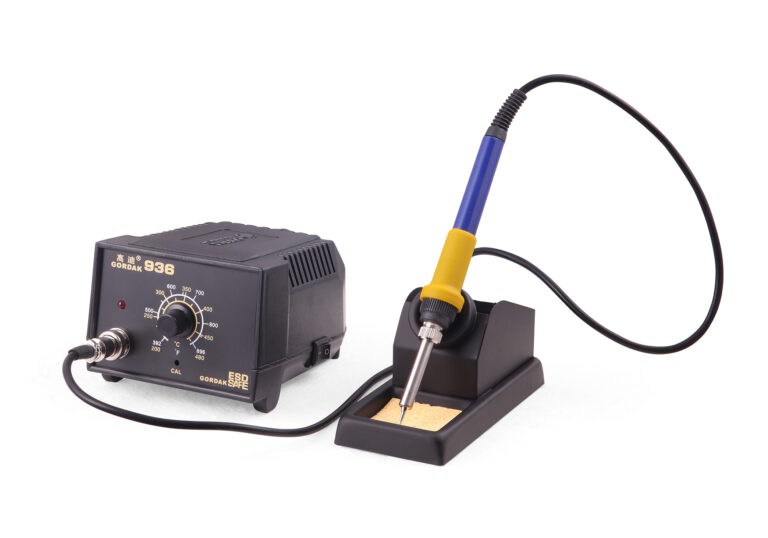Have you ever thought about getting into the field of soldering? Electronics soldering can sometimes be a challenging process, especially if you are new to this. However, this shouldn’t stop you from finding the optimal methods to help with your own soldering needs; as such, today, we’re looking at several essential electronics soldering tips you should know as a beginner to help make your soldering projects more successful overall.
Essential Soldering Tips and Tricks You Should Know
Before you begin soldering, making sure you know the following tips and tricks is highly important.
#1 Always Start with a Quality Soldering Iron
One of the most essential factors to keep in mind when starting with soldering is to choose a high-quality device. Indeed, soldering irons are not all created equally, and keeping this in mind can help you pick a device that will provide effective, reliable results.
#2 Check the Tip Size and Shape
There are numerous different tip sizes and shapes. In line with this thought, checking the size and shape of the tip is hugely important to ensure you get accurate soldering results. This can help fine-tune the solder depending on the task at hand.
#3 Consider the Types of Solder
Did you know, soldering isn’t a “one-size-fits-all” task? In fact, there are several different types of solder materials. As such, choosing the optimal type for your needs is highly important. For example, you may want to choose a lead-free rosin-core solder if you’re looking for one that melts more readily; alternatively, you could use a 60% tin, 40% lead option if your main focus is affordability and availability.
When looking at the different types of solder, one potentially valuable tip is to use the thinnest variety possible (without compromising the results). This allows for a more precise application, potentially improving the quality of the final solder.
#4 Leave Solder Joints to Cool
By now, you’ve hopefully managed to apply your solder effectively; now, it’s time to allow the melted solder to cool and seal. However, it can be tempted to try and blow on the solder to cool it down more quickly. In reality, this may not be a good option, and cooling the solder too quickly could result in a brittle seal that is not as strong as it ought to be. Thus, while ensuring good ventilation in your soldering room is important, allowing the joint to cool gently on its own is important to achieve a strong seal.

Final Thoughts
Soldering can be a somewhat complex process; however, with the right approach, it’s absolutely possible to master this skill. In line with this thought, be sure to keep today’s tips in mind to help with your own soldering approach; luckily, there’s plenty of help available, which can ensure you’re able to follow the most effective soldering techniques for your needs. In turn, this can lead to better results from your soldering efforts and can help ensure your projects are finished to the highest possible standard, no matter what.
If you have further questions, please contact us at info@gordakelec.com.



